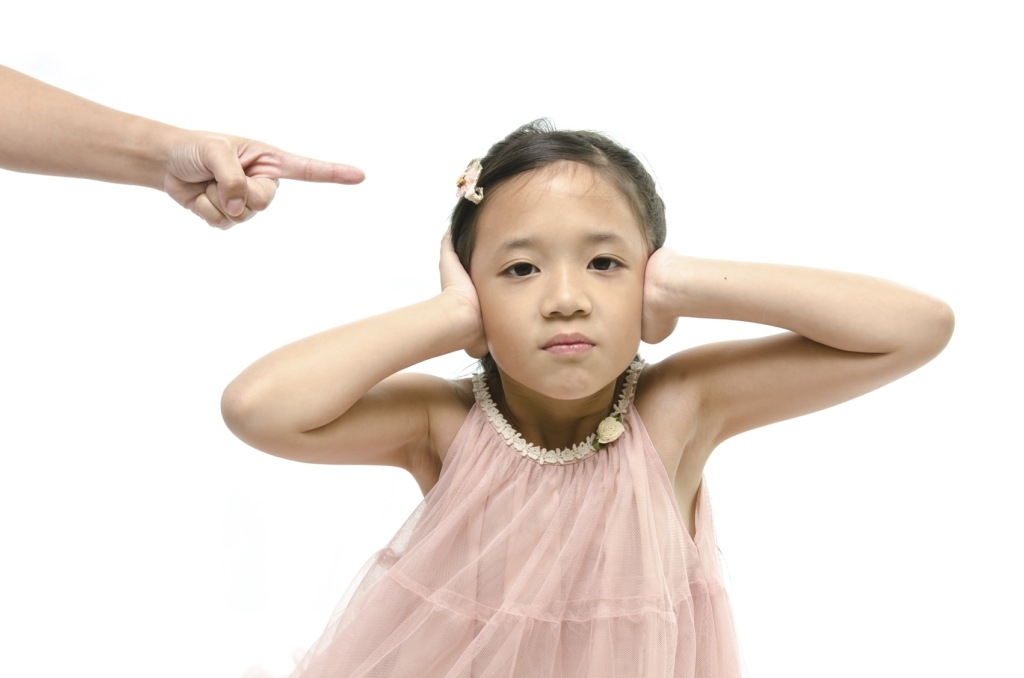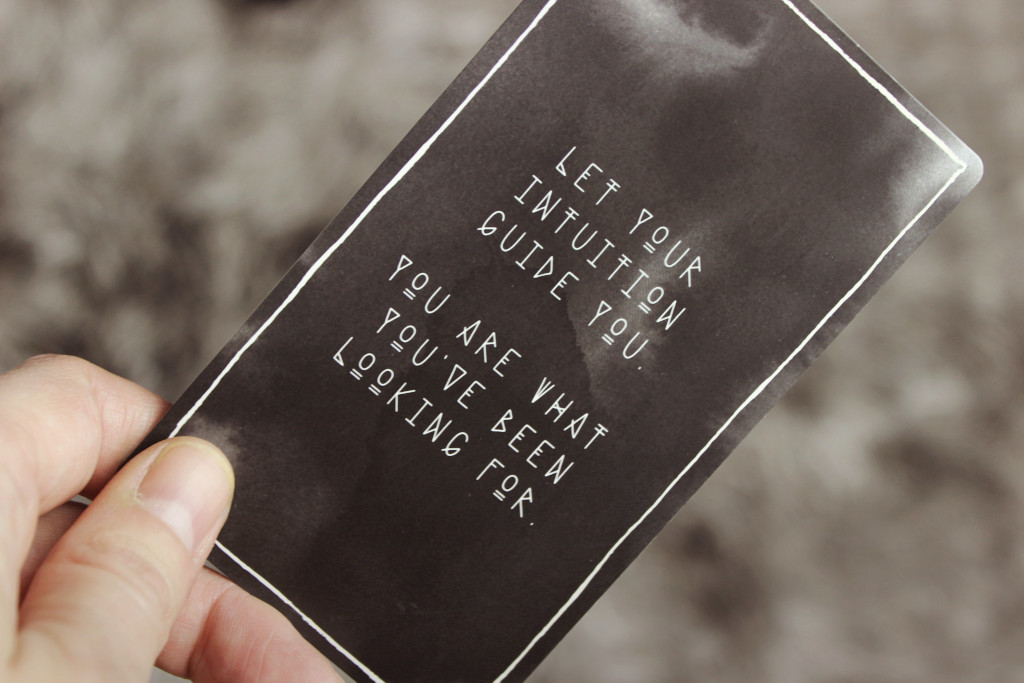SingaporeMotherhood | Parenting
November 2020
“My Daughter Wants Me to Be More Like You!”

During a group chat session, a fellow mummy (whose daughter is classmates with one of mine) said to me: “Babe, my daughter wants me to be more like you. ‘Isabel’s mummy never shouts at her!‘ she said.” Some of the other mums nodded knowingly. Mummy guilt was definitely in the air.
I could have preached about my superior parenting style. But my first instinct was to identify with these mums. So instead of gloating, I admitted, “I used to scream louder than all of you! It’s just that you all live too far to hear!”
After the laughter had died down, we had a lengthy conversation on where we don’t measure up, and hopes we had for our children.
Mummy Guilt Is Not New

It doesn’t help that today’s digital media constantly points out that well-groomed mum who always spends time with her child doing cool things, while my kids are at home being babysat by the TV. And a quick Google search turns up long lists of dos and don’ts of conscious parenting, positive parenting, and the dangers that lurk should we let our guards down.
I remember the roller-coaster of emotions as I left my eldest daughter at childcare the first time. From initial separation anxiety, to wishing I did not have to work so I could spend all my time with my toddler, to getting annoyed that she was making me feel bad for walking away.
Everyone had their own opinion, and I was hit by a barrage of advice. With a full-time job, there was no time to figure out which set of advice was right. I was told she would get used to it, only to learn eight years later from another childcare centre that I should ease my child into the new environment. My third child benefitted from two weeks of gently transitioning, while my eldest may have been scarred for life. Who was right? Who knows!
(See also: There’s No Escaping Mummy Guilt No Matter What Type of Mum You Are!)
Over the years, I have created an acronym around this topic. Let’s have T.E.A, as we identify some causes of mummy guilt, and address them with three R’s.
T for Tribe

What kind of friends do you hang around with? Do they help bring out the best in you or constantly make you feel like you do not measure up? There was a group of friends I used to hang out with, but no longer. There were always not-so-subtle comparisons in their innocent chit-chat, and competitiveness disguised as well-meaning advice.
“You should send your child for right brain training. My eight-month-old can recognise alphabets already! You mean your two-year-old can’t read?! What if they struggle in Primary One?”
OMG, I didn’t even read up on that and now my child is almost three! How irresponsible of me. As an ‘educated’ mother, I should know better… Is it necessary that my toddler can read at this age? Actually, what is critical at each developmental stage? I have no idea! How can I not know?
“You shouldn’t let them eat so much junk food. Mine loves their vegetables.”
Mine hates their veggies and it must be because I haven’t been trying hard enough. But even I don’t like vegetables… what can I do? What a failure of a mum I am.
“How’s your job? I get free time with my kids every Friday because I believe in work-life balance and convinced my boss! You should spend more time with your kids, you know.”
Finally, one day, it hit me. With friends like that, I don’t need enemies!
(See also: Food Wars: Get Your Fussy Little Eater to Eat Better)
Solution #1: Reach out
…to friends who empathise with you. Friends who share their struggles and solutions to support you, and you them. You’re smart — you’ll get who genuinely cares if you don’t get swept up in the negativity. Surround yourself with people who may be just as imperfect as you are, but who are real and genuinely care.
E for Expectations

We are constantly dealing with expectations from both internal and external sources.
The internal ones come from our past and our own good intentions. I expect my kids to be well-mannered, so I look good in public. So when they act like children will, freely expressing their emotions — often loudly — in public, I get triggered!
After all, what kind of mother can’t control her kids? A bad one, right? What am I not doing right that they are misbehaving in public? It doesn’t help when my husband starts threatening Number Three (who just glares back defiantly), adding to the entire ruckus. Such a dysfunctional family we are!
To top it all off, a friend walks up to me, going: “Hi! I wasn’t sure if it was you till I recognised your husband.” My angry scowl turns into a sheepish grimace. I wished I could turn back time to escape the embarrassment. What a lousy mother, wife, and human being I am!
(See also: Parental Stress, Anxiety, and Burnout: are they happening to you?)
Solution #2: Reflect
Once I recognised that expectations are standards that set me up for upsets, I began to identify them. Tip: Look for your triggers.
Once I understood why I needed my kids to be well-behaved (it was for me, really, not them), and removed that expectation, it was like a load was lifted. They are their own person, and they should be free to express themselves!
Once I acknowledged that I was an imperfect mother, I was free to admit to my kids that I will make mistakes in parenting them. And that we were on this journey together. They too began to be free from the fear of making mistakes. We were now free to fail, and learn. Again, and again, and again!
Once I relinquished the need to be right, I could embrace my imperfect husband and respond to him with compassion. And he to me. After all, we are both on OJT — on-the-job training!
Once I dealt with my need to look good in front of others, I didn’t mind people witnessing my less-than-perfect moments. Those moments don’t define who I am. Neither does anyone else’s expectations.
A for Advice

Well-intended or otherwise, advice would send me spiralling into self-doubt and anxieties.
“Your breast milk is not enough. You’re starving your poor child, that’s why she’s crying. Just use powdered milk. There’s no shame in using formula.”
I glared at my mother-in-law and wanted to tell her to shut up. Yet I couldn’t help wondering if she was right. Was I starving my child by persisting with my intention to breastfeed exclusively? Maybe my milk supply was just not enough…
“You shouldn’t co-sleep with your child. That’s so unhealthy. They should have their own room.”
I second-guessed myself. Was I ‘spoiling’ my child? I loved how I could catch up on more sleep without having to shift my infant to her cot, which would restart the entire process of nursing her to sleep. But was I just being a lazy mother?
(See also: Co-Sleeping: the Big Questions)
Solution #3: Research
As a young mother, I listened to everyone’s well-meaning advice and it just confused me even more. Of course, I wanted the best for my child, but I quickly learnt that what was best could look different because we are all unique. Anchoring my beliefs in research and thinking through what I wanted meant I became more confident in how I wanted to bring my kids up.

Don’t Let Mummy Guilt Hold You Back
My parenting styles and choices may not match with what’s mainstream, and may not be accepted by my elders. But I’m willing to take the chance because I decided to shake off the shackles of mummy guilt!
Each day going forward, I make the best choices that I know how at that moment. It may change tomorrow, with new information, but for now, I’m celebrating my imperfect motherhood, and enjoying every minute of it.
You can too!
 | Author of “The Naked Parent”, founder of Mum Space, and mother to five amazing children, Junia is a respected thought-leader in the parenting space. Recognised for empowering parents and kids with her 21st-century parenting model for over a decade, she now brings her ‘Modern Asian Mother’ expertise and experience to this exclusive SingaporeMotherhood column. |
Featured image: Source
All content from this article, including images, cannot be reproduced without credits or written permission from SingaporeMotherhood.
Follow us on Facebook, Instagram, and Telegram for the latest article and promotion updates.





